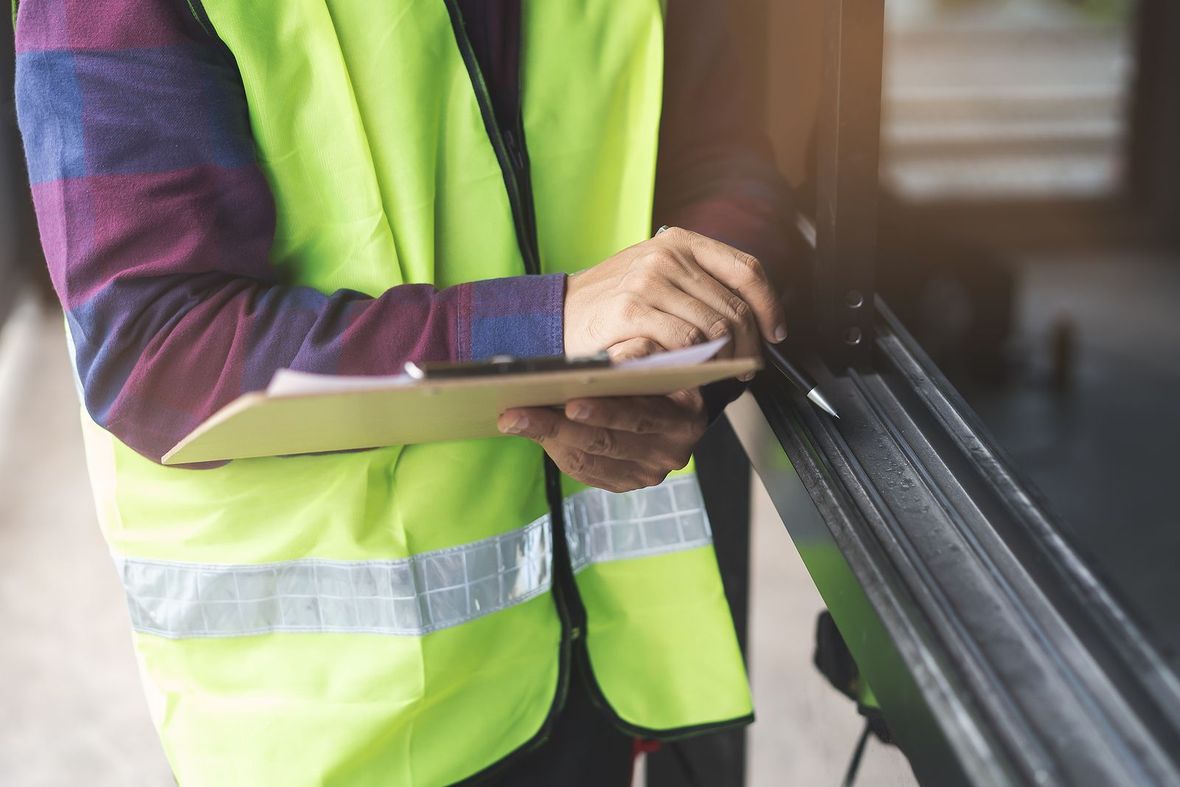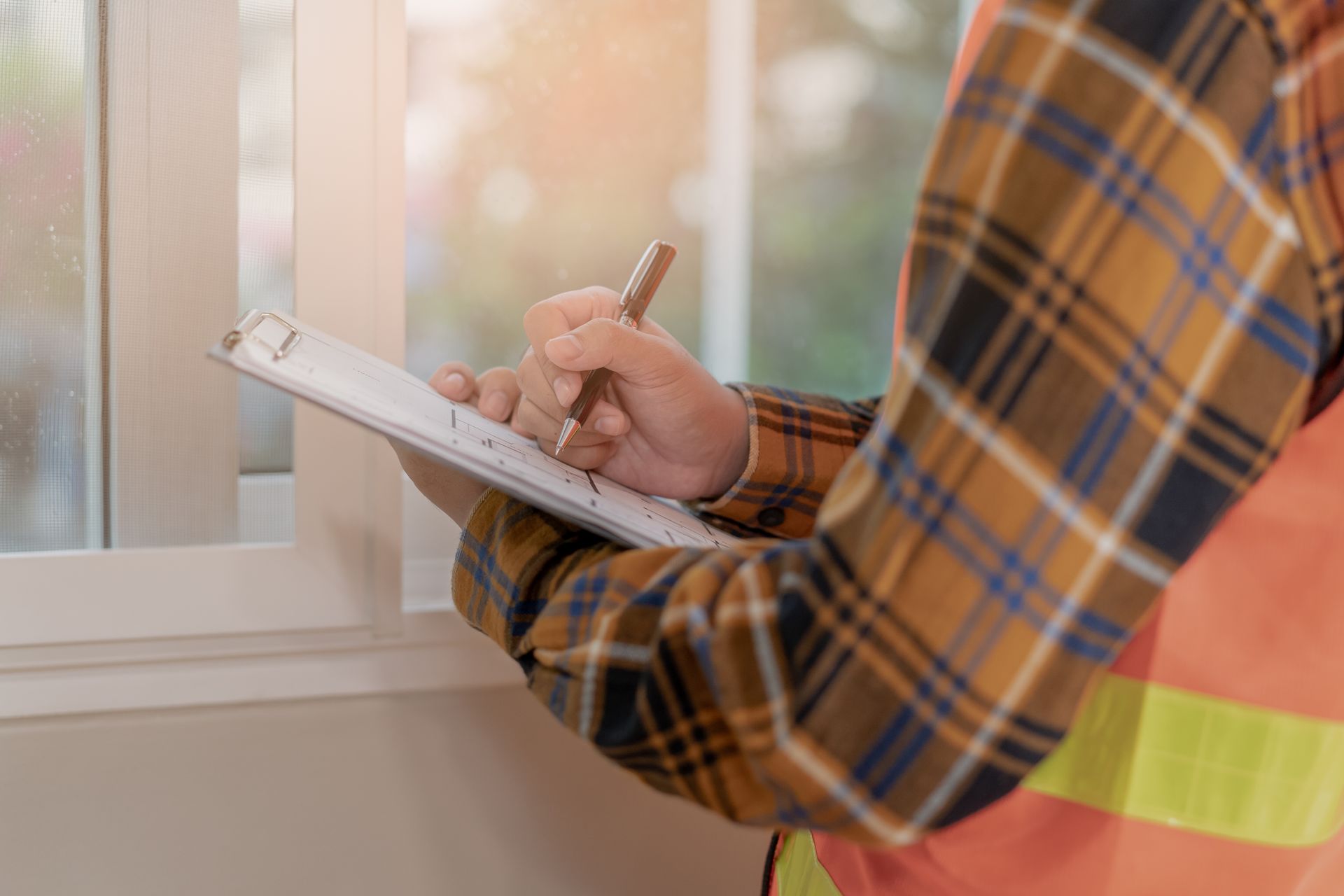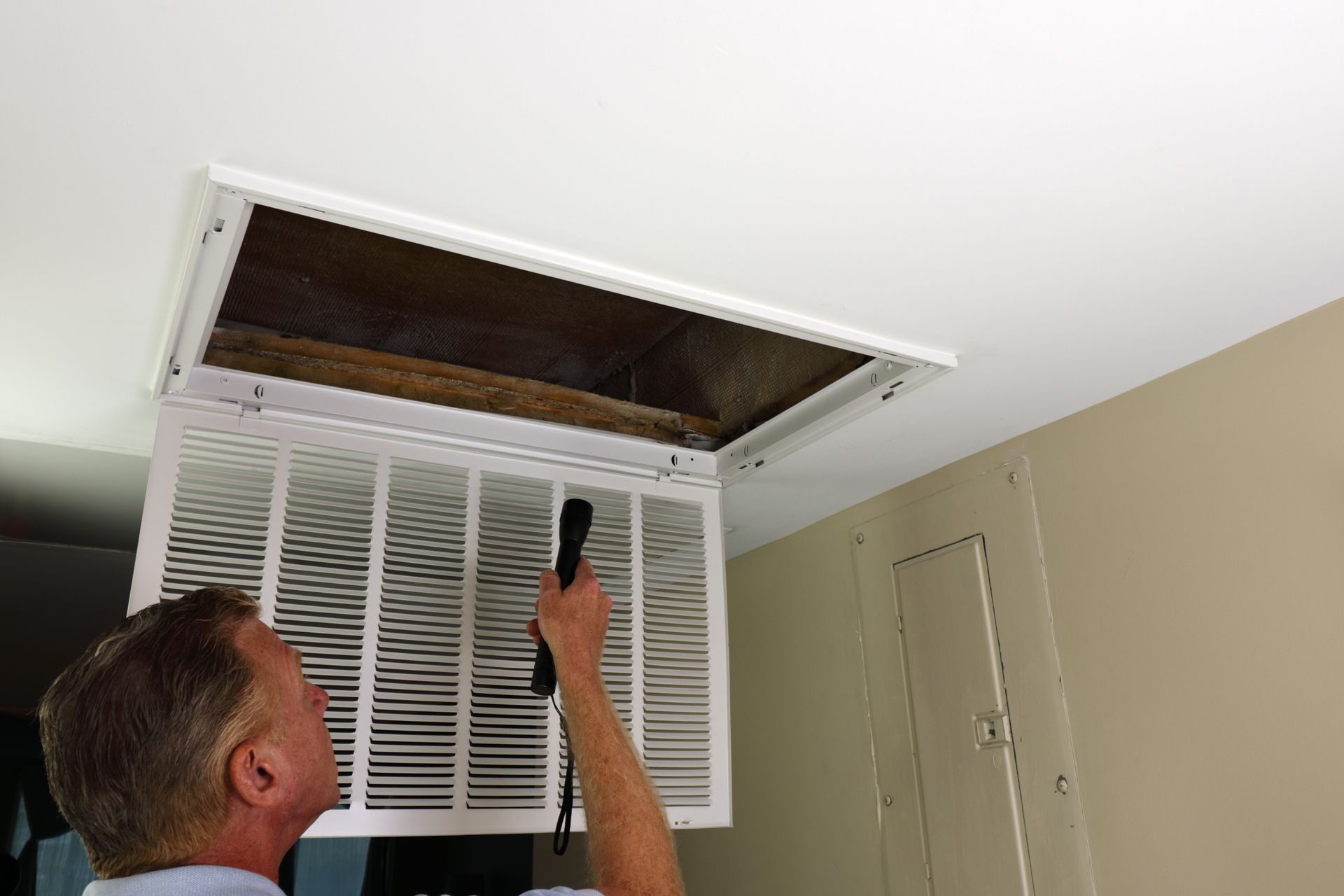
Exclusive Home Evaluations & Inspections
PRIORITY SERVICE YOU DESERVE. EXPERIENCE YOU CAN TRUST.

"Erik is amazing to work with. He was quick to get the property scheduled. The platform and program that he uses keeps the client and the agent informed and up to the minute for progress. He offers the valuable extras like Radon Inspections and full Sewer Scope Inspection. He takes his client's phone calls, answers questions quickly and offers a level of expertise and professionalism that is unparalleled. 5 Stars. 2 Thumbs Up. Absolutely recommended and suggested for your next property inspection."
Rebecca M., Google
Home Inspectors Near You: Exclusive Home Evaluations and Inspections
Home inspections involve a comprehensive analysis of a property, from the roof to the foundation, to ensure it is up to local building codes and standards. The inspector evaluates all elements of a home, including the condition of walls, doors and windows, roofs, appliances, HVAC systems, electrical outlets and circuits, plumbing systems in the bathrooms and kitchen, drainage systems, and much more. In summary, modern home inspection systems provide an essential service to ensure potential buyers are aware of any potential problems or issues associated with the property before agreeing to purchase. Investing in a thorough home inspection can save you thousands of dollars on costly unexpected repairs.
Before a home inspection, it is wise to prepare the home in order to ensure that everything is in good condition and that the safety of both yourself and the inspector is maintained. Make sure all lights are on, window curtains are pulled back, any necessary ladders or tools have been cleared away, and your major appliances are accessible. Examine exterior components such as roofing and fences for any visible damage that should be brought to your inspector's attention. Inside the house, make sure all water fixtures are in working order and inspect windows for any broken seals or cracks. Lastly, check ventilation sources to ensure proper airflow and draft an agreement with the home inspector regarding their liability during the inspection itself. Taking these steps prior to a home inspection can help create a successful outcome for both parties involved.
When viewing a home, buyers should inspect the interiors and exteriors thoroughly. Start by assessing whether all major components are in good condition. Inspect things like the HVAC system, plumbing, and other repair items that will incur costly repairs if not addressed in advance. Electrical wiring should be checked for safety, and any signs of wear and tear or outdated parts should be noted as well. Check out the roofing, foundation, and water drainage systems of the house to make sure they are functioning properly, as these are high-cost repairs if they fail inspection. Additionally, check every corner of the house for signs of past moisture damage or mold, which could carry potential risks to health in your living space. Performing a detailed home inspection can save you from any potential financial losses, so use it as an opportunity to do due diligence before making a large purchase, like buying a new home.

10% off V.A.M.E.R Discount Veterans, Active Military, and Emergency Response
Home Inspections Near You
Home inspection reports are typically valid for between ninety and one hundred and twenty days, depending on the specific inspection being made. This is because home inspectors are providing a snapshot in time of the condition of the home since any number of things can change between report creation and purchase. For example, if a heavy snowfall occurred that caused structural damage to the roof following the inspection report, it would be important for buyers to know about this after the fact when making their decision about whether or not to proceed with the purchase. As such, both buyers and sellers should be aware of how long a particular home inspection report is valid in order to ensure they have access to an up-to-date assessment of the property under consideration.
When purchasing a home, it's important to engage a house inspector to evaluate the property's condition. They check aspects of the home you may not have noticed during your walkthrough, such as potential underlying problems on the roof, brickwork, wiring, piping, and more. A good inspector will thoroughly investigate the entire property from top to bottom. They should also provide a detailed report that identifies any structural issues and outlines maintenance recommendations for you or the seller to address prior to closing. Without an inspection, you may be entering into an agreement unaware of existing conditions that need repair or costly replacements. Don't underestimate the value of a thorough inspection - it can make all the difference in getting the best possible home for your money.
Home inspections are important for identifying potential issues with a home before you make a purchase, but depending on the condition of the house, common problems that arise may include structural damage, pest infestations, faulty wiring, plumbing issues, and roof leaks. Home inspectors are trained to look for any signs of age-related wear and tear as well as any major deficiencies and will provide a detailed report containing all of their findings. Bearing in mind that many things can be repaired or replaced if found during an inspection, it is important to factor in associated costs when considering making an offer on a property.

"EHE Home Evaluations & Inspections did the home inspection on our new home. Erik was professional and flexible in setting a time for us to attend. He was very thorough and checked everything. Our inspection included the home inspection, radon, and sewer scope. The report is very detailed and explains the issues. I would highly recommend EHE to anyone who needs a home inspection."
Jolene T., Google

Home Inspection Companies Near You
When looking for a home inspector, it is important to do your research. Start by gathering referrals from family members, friends, and real estate professionals. Be sure to ask about their experience, the quality of service they received, and how long the inspection took. Contact at least two to three companies and compare services offered, fees charged, areas of expertise, and credentials. It is also important to make sure they have errors-and-omissions insurance that covers any errors or omissions in their inspections. Once you find a home inspector that meets all your criteria, be sure to ask them plenty of questions before making a decision on who to hire. Doing your due diligence will help ensure you find an experienced and reputable home inspector that best fits your needs.
Home inspections generally take 2-3 hours, depending on the size of the home being inspected. The inspector will carefully evaluate all aspects of the property, including the roof, walls, foundation, and any other accessible areas of the house. Ensuring that each area is thoroughly evaluated allows potential buyers to make an informed decision about their purchase. This comprehensive examination can provide invaluable peace of mind to buyers and help them understand what repairs may be necessary before closing on a home.

"Erik was available to do the inspection on my Buyer's home quickly. He did a thorough job and was helpful in explaining the process, what he saw and what he thought we should follow up on. I would recommend Erik and his company to my colleagues and my clients."
Catheryn L., Google
Contact Us
Contact Us
We will get back to you as soon as possible.
Please try again later.




